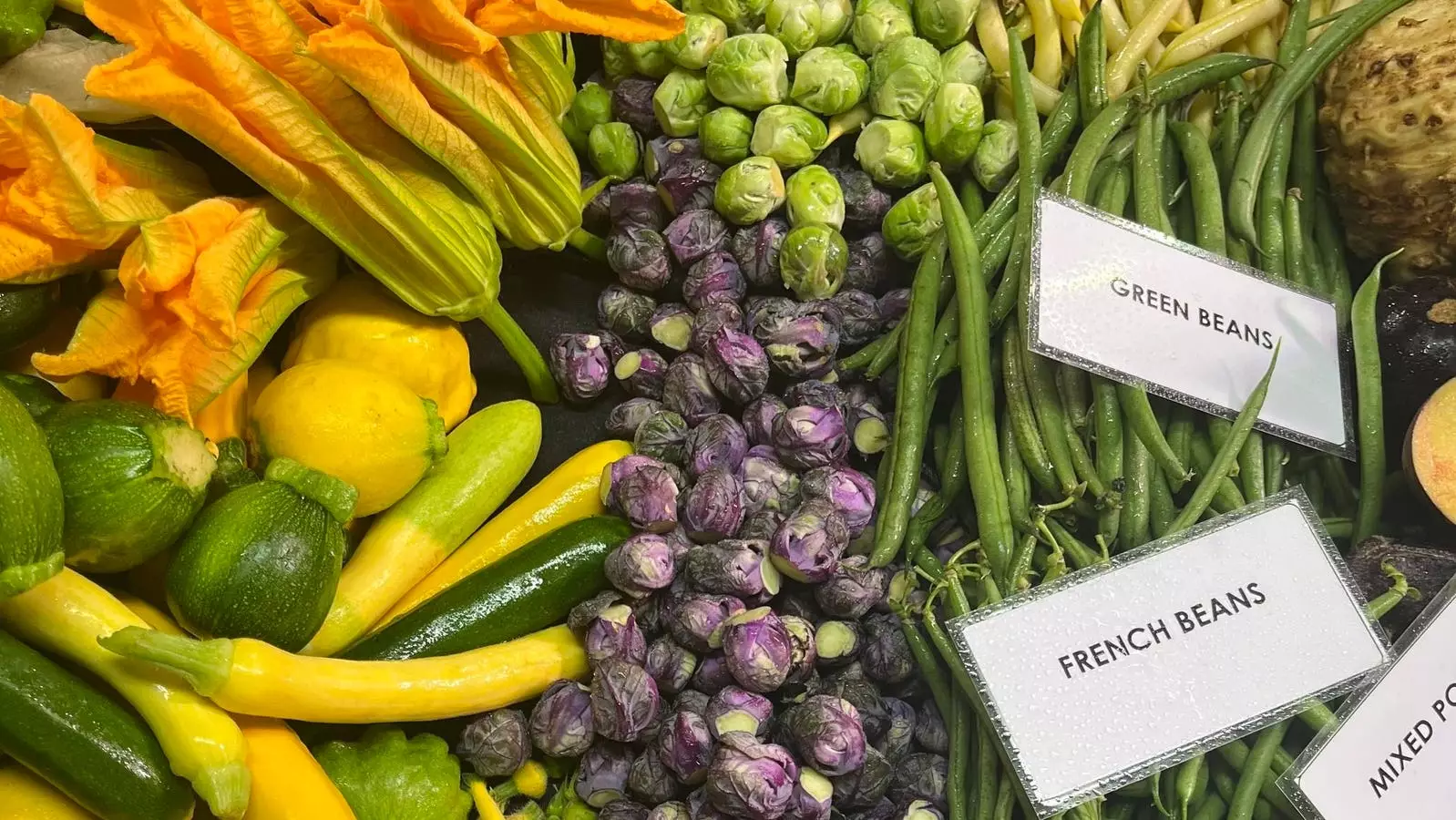As the vibrant bustle of Climate Week approaches in New York City, a wave of inspiration has already washed over me. This past week, I had the privilege of attending the annual Roots Conference hosted by the Chef’s Garden in Huron, Ohio. Far beyond mere sustenance, this experience illuminated the vital relationship between food production and environmental stewardship. The conference showcased the diverse bounty the farm offers, including an assortment of heirloom tomatoes and exotic cucamelons, reinforcing the principle that innovative agricultural practices can go hand-in-hand with rich and diverse local produce.
During my time at the farm, I reveled in the flavors of seasonally harvested foods, from mind-blowing squash blossoms to delicate edible flowers. The bright notes of micro lemon balm offered a taste of how nature’s palette can inspire both taste and health. These interactions with fresh produce served as a reminder of our profound connection to the land and the importance of supporting sustainable farming practices that prioritize soil health and regenerative agriculture.
Chef’s Garden is not your average farm. The farm’s remarkable history, particularly illustrated by the journey of co-owner Farmer Lee Jones, adds a layer of depth to its narrative. Jones’s efforts to reclaim the family farm lost during his youth resonate with many who understand the challenges faced by American agriculture. The emotional weight of his story becomes even more powerful when we consider how the newly secured land allowed the farm to pursue long-term sustainable practices. It is a poignant example of how personal commitment to renewal can spark broader systemic change within our food systems.
This forward-thinking approach is exemplified by the farm’s ambitious energy initiatives. Through innovative projects that utilize recycled materials, like corn cobs, Chef’s Garden can now meet an astonishing 70% of its energy needs through self-sourced methods. This feat is crucial: with the increasing strain on energy grids exacerbated by climate change, farms can no longer afford to be passive players in the ecological crisis. The onus is on agricultural businesses to actively seek solutions, ensuring not just their survival but the health of the communities they serve.
With lessons from Chef’s Garden fresh in my mind, I am gearing up for several thought-provoking events at Climate Week. My role as a moderator in conversations about food policies, sustainability, and the impact of local agriculture is not just a professional obligation; it is an opportunity to catalyze meaningful dialogue that can inspire collaborative solutions to our planet’s pressing challenges.
Throughout the week, I will facilitate discussions that range from the intersection of food systems and urban policies to the critical issue of pollinators and pesticide use—a topic that underpins the health of our ecosystems and food security. These panels serve as vital spaces where individuals from various sectors can share insights and experiences, highlighting the pathways toward developing a resilient food culture.
As we navigate discussions around climate and food sustainability, it is essential to recognize the shifts occurring across the broader food industry. With rising costs compelling consumers to reconsider their purchasing habits, there’s a visible pivot towards private-label products. This change is not merely a response to inflation; it also reflects a deeper desire for authenticity and sustainability. As shoppers become more discerning, the brands that emphasize transparency and ethical sourcing will thrive.
Moreover, personal stories of resilience, such as that of TV host and chef Priyanka Naik, who recently prepared meals for rescue bears in Germany, serve as powerful reminders of the interconnectedness of our food systems. Such acts of compassion and creative engagement with food resonate on a global scale, inviting everyone to reflect on their own roles in the stewardship of our planet.
As we step into Climate Week, it is incumbent upon all of us to embrace sustainable practices in our lives and advocate for change in our communities. The events and discussions ahead promise to cultivate a network of individuals passionately invested in reshaping our agricultural landscape and fostering resilience. With the willingness to learn and innovate, we can work towards a future where food systems thrive alongside our environment, ensuring nourishment for generations to come. The journey is just beginning, and I am eager to see how far we can go together.


Leave a Reply